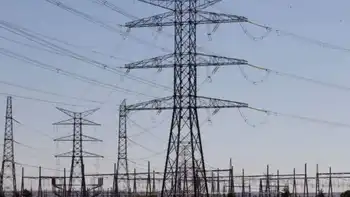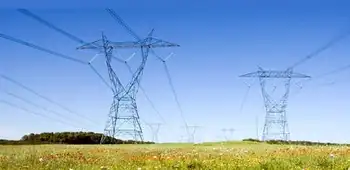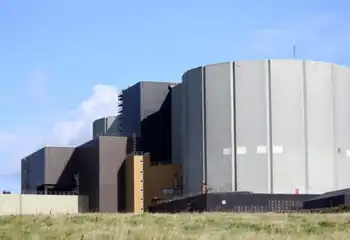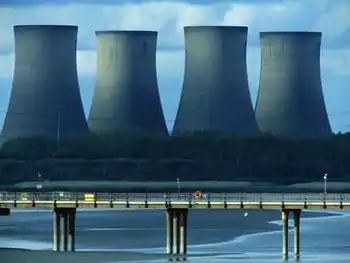Dozens Of Coal Factories Forced To Shut Down In Response To Strict EPA Regulation
By Business Insider
NFPA 70e Training - Arc Flash
Our customized live online or in‑person group training can be delivered to your staff at your location.

- Live Online
- 6 hours Instructor-led
- Group Training Available
Among them:
American Electric Power Company said it would retire nearly 6,000 MW of generating capacity.
Duke Energy said it would retire its 862 MW factory in New Richmond, Ohio.
Georgia Power, a subsidiary of The Southern Company, said it would close an 871 MW generator by 2018, 18 years before the end of its useful life.
The nation's utility and coal industries have been battling the EPA since July, after the the environmental agency replaced the Clean Air Interstate Rule with stricter standards requiring coal-fired power plants in 27 states to slash thousands of tons of pollutants that drift across state borders.
The Cross-State Air Pollution Rule has received nothing but negative feedback from the affected energy industry, which argues the stricter federal emission law will result in higher costs for electricity and massive loss of U.S. jobs. The plan will also require billions of dollars to retrofit power plants with clean coal technologies.
According to a study prepared by the National Economic Research Associates NERA, the legislation is among the most expensive EPA rules ever imposed on coal-fueled power plants that will cause electric rates to skyrocket by as much as 23 percent and lead to nationwide employment losses totaling 1.4 million job-years by 2020.
Power-plant closures are expected to increase in the coming months, as utilities complete their cost analyses of complying with the Cross-State rule, according to Industrial Info Resources. The EPA rule has already forced coal facilities in Ohio, North Carolina, Georgia, and Texas to retire old units, rather than bare the expense of installing pollution-control equipment.
The coal industry maintains that the EPA doesn't seem to care about the economic damage new regulations will cause.
“Many of these severe impacts would hit families living in states already facing serious economic challenges,” said Steve Miller, president of the American Coalition for Clean Coal Electricity.
The EPA believes the annual costs to clean up the coal industry and improve air quality throughout the eastern United States are worth the health rewards. The organization estimates that by 2014, the new legislation will have achieved up to $280 billion in annual health benefits, in addition to preventing up to 34,000 premature deaths, 26,000 hospital and emergency room visits, and 240,000 cases of aggravated asthma.
Along with automobile exhaust, The Department of Environmental Conservation DEC, lists out-of-state emissions as one of the Northeast's most serious air pollution problems, according to a report by City Limits.
The EPA regulations are set to go into effect Oct. 7, 2011, with the first emissions reductions to be phased in as early as 2012.











